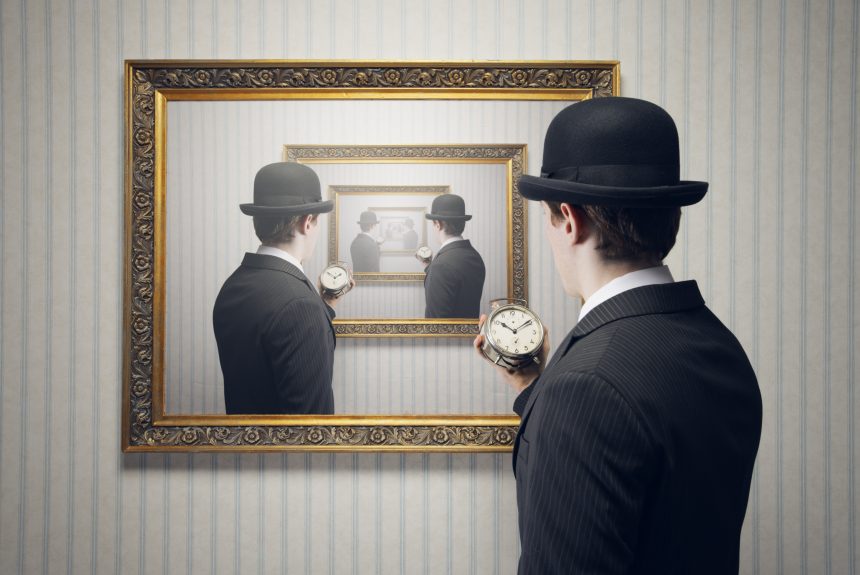The artist Marcel Duchamp, perhaps best known for his 1917 sculpture Fountain (a readymade urinal, signed and dated), was also a chess master. Duchamp loved the logic and clarity of the game so much that in the mid-1920s he ‘retired’ from art to focus on chess. Soon after becoming a French delegate to the World Chess Federation, he wrote a book on the subject in the 1930s. Yet, culturally, we think of him as an artist rather than chess player. This talk explores how Duchamp visually integrated chess into his artworks and, more importantly, how he employed the fundamental strategies of chess into his art. We’ll look at his development of conceptual art, how it transforms the art object into a logic puzzle that challenges the viewer to think about the artist’s next move. We will see how his art is nothing without the game.
Please, note:
- the total duration of the event is 1 hour ( ~ 50mins lecture and 10mins Q&A)
- the talk doesn’t require any prior training and anyone can join
- This event will be recorded: the video will be available in 3-5 days after the talk
- Guests can access all videos at a small fee; videos for members are free of charge
- if you wish to become a member – please, learn about our membership plans
Sorry, this event has ended.
You can purchase the access to the video below.
Alternatively, please Become a Member
and enjoy all videos free of charge.
To register for new events, please, check our Schedule.

SPEAKER – SARAH JAFFRAY
Sarah Jaffray holds a BA and MA in Art History with an emphasis in 19th/20th century France and a minor in the Italian Renaissance. She holds a second MA in Cultural Theory from Goldsmiths, University of London. Sarah was a lecturer for several colleges and universities in the Los Angeles area before relocating to London in 2012. She has worked in curatorial roles at the British Museum and Wellcome Collection. Sarah is currently a lecturer at the University of Arts London and Coordinator for City Lit’s Art History programme. Her art historical practice focuses on experimental narratives, artistic process, art pedagogy, politics and philosophy. Sarah’s current research is focused on translation and empathy.






Leave a Reply